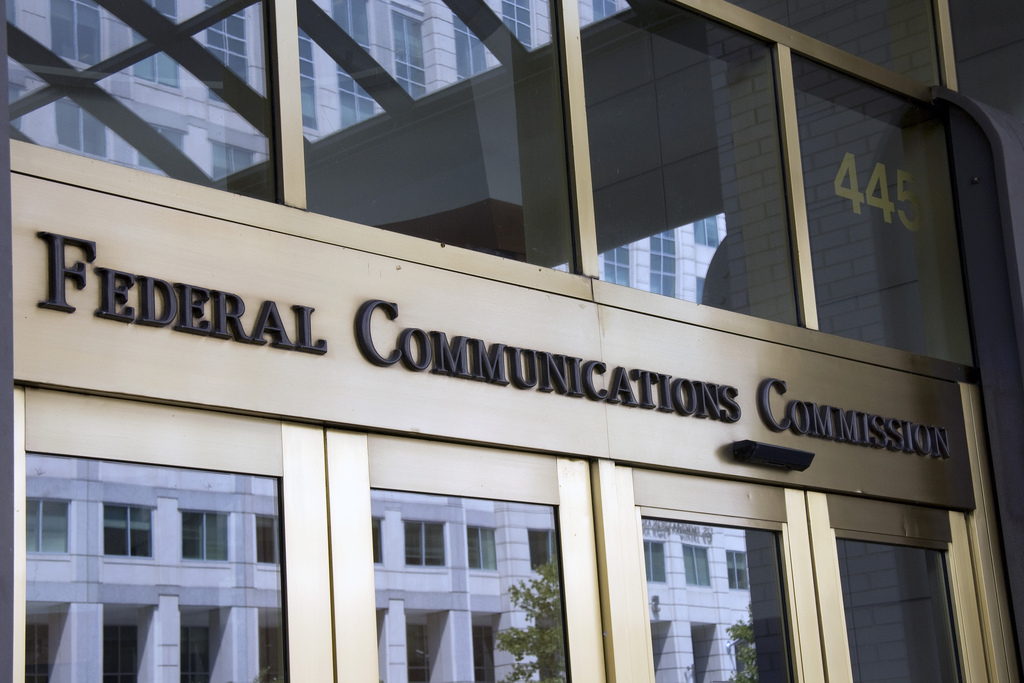Views expressed in opinion columns are the author’s own.
Prepare yourself for Trump News, because an FCC regulation checking the power of broadcast media giants was just lifted.
This week, the Federal Communications Commission scrapped the “main studio rule,” which required broadcasters to have a physical studio near the location where they are licensed to go on air. This regulation gave local residents a chance to participate in news and express their views on station operations.
But there’s a bigger issue here. One of the rule’s key functions was to protect TV and radio from media consolidation. Now nothing prevents media giants from buying up local news stations to amplify their partisan agendas.
Why is this a big deal? Well, here’s where Trump News becomes a potential reality. Sinclair is a massive broadcast company with an unmistakably conservative slant. It owns 81 markets, making it the biggest TV broadcasting company in the country. Though Sinclair isn’t a household name, it currently reaches about 38 percent of U.S. families. Sinclair and the Trump campaign also made a deal last year that guaranteed Trump more favorable news coverage. Sinclair served as Trump’s bullhorn in the past; they would likely be willing to do so in the future.
Furthermore, Sinclair is exactly the kind of company that would jump at the opportunity to buy up local news stations. In fact, Sinclair’s new CEO, Chris Ripley, has spoken in favor of media consolidation.
“We think the industry needs to consolidate to two or three large broadcasters, and really just one to two strong local players in each market,” he told shareholders. He also said an FCC rollback would give the company an opportunity to reach more Americans while producing “significant savings.”
In fact, Sinclair is already making efforts to expand its reach. It has recently offered to buy Tribune Media for $3.9 billion. This would give Sinclair control over 42 more stations across the nation.
Despite the negative implications, FCC officials argue dropping the main studio rule is necessary to keep up with a changing market, noting that communities will still be able to interact with their local news stations through “modern technology” like social media. But if an audience has no direct power over a station, it will become alienated from its media.
So even if Sinclair chooses not to glorify Trump in its broadcasting, local audiences are likely to distrust these stations because they wouldn’t truly be local. The companies wouldn’t care about audience needs, instead focusing on “significant savings” and spreading a partisan message.
The United States is already struggling with widespread distrust of news media. Consolidating the broadcast market will only worsen relations between local media and audiences. In the news media, people trust the familiar broadcasters who are embedded within a community and show genuine concern for its issues. Local stations are better equipped to cater to community needs than a consolidated giant whose executives are hundreds of miles away.
The main studio rule benefited local stations and their audiences. Without it, we must brace for consolidation, an increase in media distrust and a more partisan news media.
Sydney Wess is a junior art history and broadcast journalism major. She can be reached at swess@terpmail.umd.edu.



